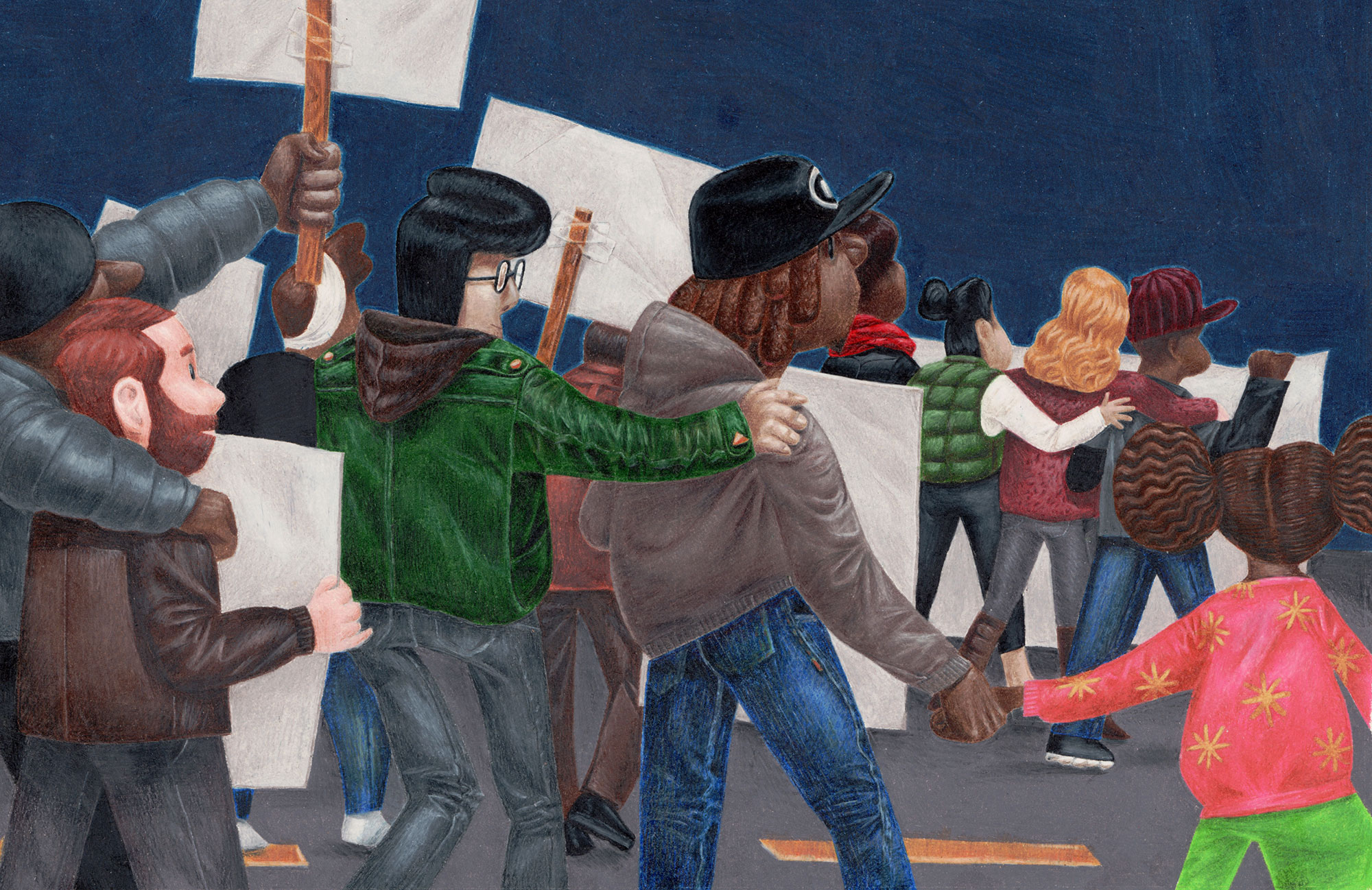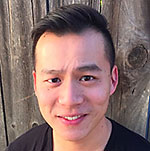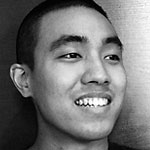
My initial reaction to the 2014 film “Selma” was one of disappointment.
Don’t get me wrong — the casting and acting were top notch, the cinematography was beautiful, and I was definitely moved to tears in certain scenes. Maybe my expectations going into the theater — coupled with the rave reviews of critics and friends alike — were too high for the movie to ever achieve.
Although I found the right to vote was an important subject, I smugly thought that the events of the Birmingham campaign in 1963 would have made for a much more compelling and dramatic film to watch; I wanted to see Dr. King leading non-violent African Americans in confrontation after confrontation with white civic leaders and citizens.
But this quote from the movie continued to stay with me:
“But what is the prize? Man stands up only to be struck down, and what happens to the people he led? He earns the right to sit at any counter, but can’t afford to buy anything off the menu. Heck, can’t even read it because no schools for Blacks. I’m tired of this.”
Dr. King saw that the systemic political, economic, and social issues that Blacks faced in the U.S. were a direct result of their inability to vote and to have a voice in the American judicial system.
As an Asian American, it’s hard to imagine facing the hardships depicted in “Selma”.
My parents didn’t immigrate to the U.S. until long after these issues were politically resolved. The right to vote on policies and leaders is often taken for granted. The model minority myth continues to perpetuate the idea that an Asian American is as good a citizen as a white person.
In many ways, the battle for people of all colors had already been fought. And while African Americans in the 1960s struggled for their own rights, I have to imagine that Dr. King’s “dream” was not about Black or white. Many of my freedoms and rights today are due to the sacrifices of those who fought for all people during the Civil Rights Movement.
This issue is dedicated to the Black and African American sisters and brothers who went before us and served as forerunners in our own pursuit of justice and peace in the U.S.
In this month’s issue, we’ve gathered stories of those who have walked alongside African Americans — learned from them and owed their success to them. As Asian Americans, we have not only struggled with African Americans, but also benefited from their witness and their fight.
And now, we invite you to experience these stories so they don’t remain nameless people or figures on a movie screen, but as real lives that matter.

Daniel Chou (he) serves as the editor-in-chief of Inheritance and is also one of the magazine’s founders. He holds a Master of Divinity from Fuller Theological Seminary. Outside of Inheritance, he is co-founder of Winnow+Glean and enjoys roasting coffee. He posts sporadically on Instagram @dchou and even more sporadically on Twitter @danielchou.
